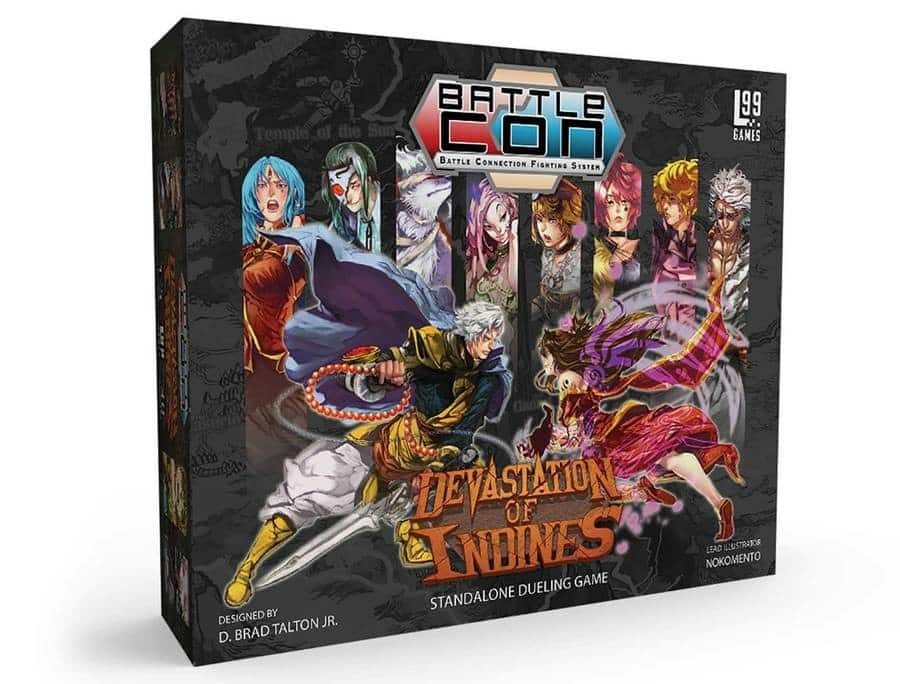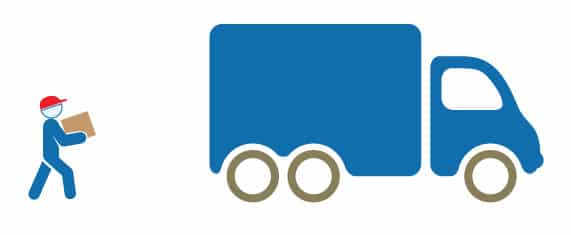The following is a cross-post from Reddit. We made a thread on r/Entrepreneur on August 26, 2021. You can find the original post here.
Brad Talton has successfully launched 22 Kickstarter campaigns in the last 10 years. His board game publishing company, Level 99 Games, is dedicated to bringing the best qualities of video games to the tabletop.
Yes, you read that right. Level 99 turns video game genres into board games, and not the other way around. It’s one thing to turn Clue, Life, and Monopoly into video games. It’s another thing entirely to capture the spirit of Mortal Kombat in a board game.
Even if you’re not a tabletop gamer, it’s worth paying attention to Brad. Of the 23 campaigns Brad has launched, 22 have funded and he’s raised a grand total of $3,185,142. Not counting eCommerce. Not counting retail.
How many other companies can you think of with that kind of a track record? I’m struggling to think of even one.
If you can turn board games into a few million bucks, then you must be doing something right. The tabletop gaming space is notoriously competitive, and being able to successfully launch Kickstarter campaign after Kickstarter campaign is no small feat.
I wanted to know how he pulled it off. So I called Brad and now I’m sharing what I’ve learned with all of you on r/Entrepreneur!

How I met Brad
You might wonder how I got in touch with a guy like Brad. If you read my post about a month ago about dinosaur designer, David Silva, you might already know. Both Brad and David are clients of the company I work for, and whose account I’m using right now.
We help Brad ship board games so he doesn’t have to do all the shipping in-house. That made it pretty easy to get in touch!
How Brad got started
Brad had an interest in games for as long as he could remember. But you might be surprised to find out that he didn’t start out in board games. His roots are actually in programming and video games.
During the Great Recession, Brad started doing contract work and had his first taste of self-employment. He experimented with some game development, and even produced some early App Store games back in the day. While those original app games are no longer available, they laid the foundation for what he does today.
In short, if you have any friends who work in software engineering, odds are, their life is a lot like Brad’s was at the time. He was creating video games and apps as a hobby, not even really a side hustle. He just did it because he enjoyed it!
Now in the funny way things work out, Kickstarter was also getting started around this time too. In fact, Kickstarter itself was launched in 2009.
It’s easy to forget just how weird Kickstarter was at first. The idea of crowdfunding was strange and novel, and unlike today, best practices had not yet been developed. Yet it didn’t take long for board games to carve out a profitable niche on the platform.
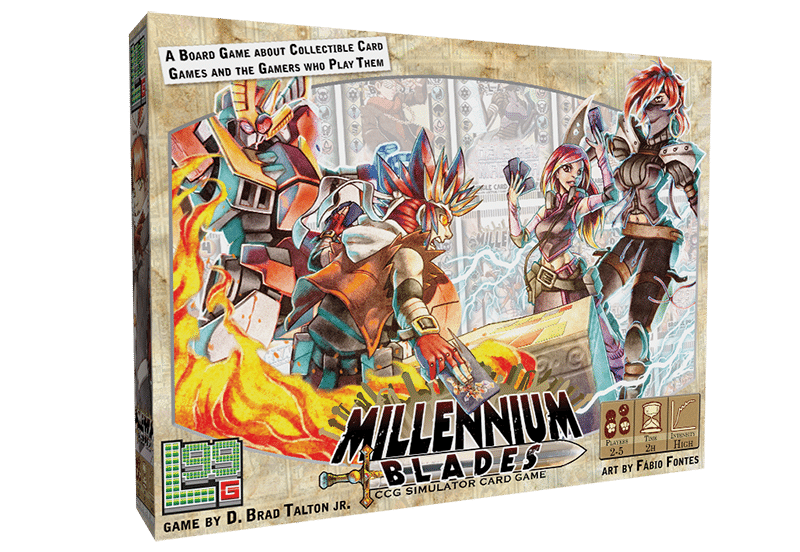
From working in his garage to a full-time business with 5 employees
Because Kickstarter was very new at the time, the tools were rough-and-ready. On Kickstarter in the early 2010s, if you funded, you received the money and Kickstarter let you send out surveys to collect information. Everything else, you had to figure out on your own.
In short, Kickstarter was the Wild West. There were next to no rules and there was next to no infrastructure to help you after funding. You had to be a self-sufficient cowboy to use the platform for any kind of serious long-term entrepreneurial pursuits.
What does that actually mean? There were no pledge managers to upsell or collect shipping charges after the campaign. There were not even any reports to help you analyze your metrics.
What caught Brad off-guard was not the difficulty of funding a campaign. His games have always been generally well-received.
Of course, making games is one thing. Shipping them is harder. Indeed, the first obstacle that Brad ran into after his first Kickstarter was fulfilling orders and managing inventory.
As late as 2015 – a few years after his first campaign launched – Brad was shipping orders out of his garage. He would have friends over, they would order pizzas, and they would pack boxes and get them shipped to his backers. They had fun, sure, and they got all the orders out, but it was still a ton of work and shipping costs really added up!
In 2015, Brad moved into an office because he was starting to receive multiple truckloads at a time for thousands of orders. He hired some temp workers and relied on their assistance to get games shipped out on time. This went on for another year or two before he ultimately reached out to our company.
He knew that having tons of extra office space empty for most of the year was going to cost a lot of unnecessary money in rental leasing. Board games, after all, are a tough industry with very tight margins! He also knew he couldn’t run the company on temp workers forever!
Slowly but surely, between 2016 and 2021, Brad decreased his reliance on temp workers. He was able to reclaim a lot of his time so he could focus on the creative and entrepreneurial aspects of his business, and not just the logistical ones.
Game after game, Level 99 became a more successful, prominent publisher. He was then able to hire more workers, one by one, until growing the company to its current size.
Fast forward to now, and Brad has a nice office in Albuquerque, New Mexico with five full-time workers. They focus now on creating and selling wonderful games, instead of shipping them out.
Remember, 22 of his 23 Kickstarter campaigns successfully funded. That’s a 95.6% success rate. Brad and his team has managed to raise over $3 million dollars from Kickstarter alone over 22 campaigns, which collectively have almost 40,000 backers.
Level 99 Games has released several critically acclaimed board games such as the BattleCON series, Pixel Tactics, Millennium Blades, Argent: the Consortium, Empyreal: Spells & Steam, Exceed Fighting System and more. (Seriously, four of their games are in the BoardGameGeek Top 1000 Games of all time, and another six are in the Top 2500.)
And if that’s not enough to convince you that the business is doing well, Brad himself has his own Wikipedia page. I don’t know about you, that just feels like a real flex to me. Something only really successful people can say.
And yet he seemed put on the spot when I asked him, “When did you first know you were successful?” Like many people who have succeeded, he doesn’t totally feel like it’s real. He sees Level 99 Games as an ordinary board game publisher rather than himself as a serial inventor. For him, he says success to him looks like people being excited to play his games and that he’s “still in the game after all these years.”
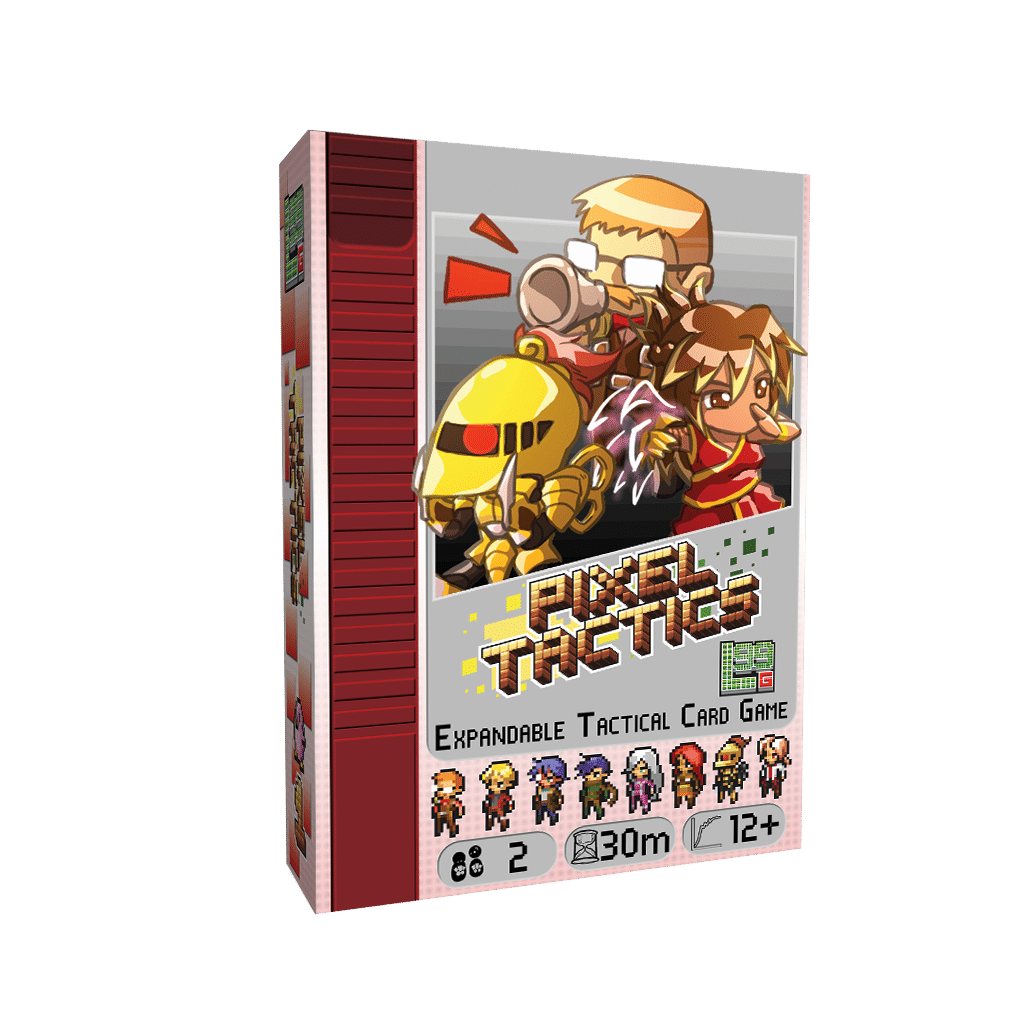
Why Brad’s games are unique
With so many successful campaigns behind him, you might wonder what makes Level 99 Games different than the many other board game publishers who use Kickstarter on a regular basis. It’s a noisy industry, after all, like so many others, and success requires finding a niche.
Brad’s vision was to bring the best of video games to the tabletop. He grew up with fighting games, strategy games, RPGs, and shoot-em-ups, all of which would seem pretty incongruous with tabletop gaming.
Yet they found a way to make it work. Take BattleCON, for example. Through a clever tabletop game design, he captured the spirit of simultaneous combat (not dissimilar to video cult classics Street Fighter or Mortal Kombat) and brought it to the tabletop.
As another example, think of Pixel Tactics. It’s inspired by SRPGs – strategy roleplaying games – like Final Fantasy or Fire Emblem. How can I tell? Just a few minutes of gameplay and a passing glance at the aesthetic style and you are transported to a whole new world.
Lastly, you have games like Bullet♥︎ based on Japanese shoot-em-up space shooters such as Ikaruga or Touhou Project. The games that inspired Bullet♥︎ are full of an overwhelming amount of color along with stylized Japanese art. They’re the sort of video games where you dodge a psychedelic firework display of projectiles and where the box art is a crowd of anime characters standing shoulder to shoulder while gesturing wildly with their arms. That in turn, is captured in the printed game of Bullet♥︎. Very few publishers are able to pull something like this off!
What’s Brad up to now?
Brad and Level 99 Games have a bright future ahead of them. Of particular interest right now are the video game licenses that Level 99 has permission to create tabletop games around. They’re not at liberty to discuss which specific licenses they’re working on, but I could practically hear Brad ending sentences in exclamation marks when talking about the upcoming projects.
They’re also working on a number of different games outside of the licensed material too. They’ve got a new expansion to Exceed coming, as well as a sequel to Bullet♥︎. Plus, they’re working on an RPG where players go on daily life adventures, which draws inspiration from books like the Harry Potter series.
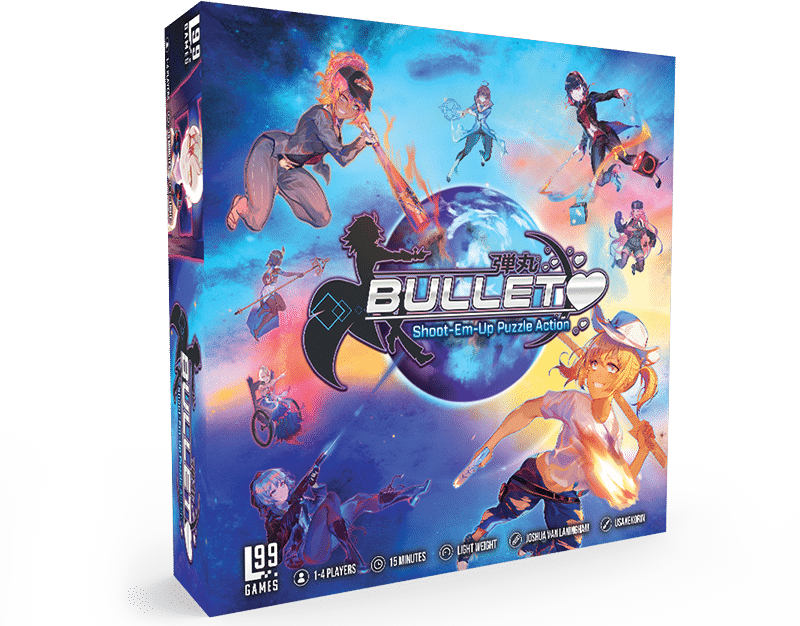
What we can learn from Brad’s routine
Like most successful entrepreneurs, Brad is very deliberate about how he uses his time. As his business grew, Brad gradually changed his schedule to meet the new demands of his workday. He has slowly adopted the following schedule.
And let me just go ahead and say this. It’s really similar to David Silva’s schedule if you stumbled across that post earlier. And there’s a good reason for that.
He starts his day around 5 or 5:30, and after waking up and greeting the day, his first work item is to sit down at his desk and plan for the day. This is really important because it means he approaches each day with intentionality, instead of getting dragged along by whatever arises in the short run.
He uses the Morning Pages stream-of-consciousness journaling technique to write about what is going on any given day. Critically, he doesn’t take meetings before 9 or after 11.
Brad and David have similarly structured mornings, and I think that’s a key aspect to their creative successes. They are very deliberate about how they spend their clearest hours, with one key difference. David jumps right into his most important work, and Brad plans a time for it. Both approaches work, it’s just a matter of finding which one works for you.
After having meetings, each of Brad’s days has a different focus. He handles administrative work on Mondays, financial work on Tuesdays, and marketing work on Wednesdays. Thursdays are set aside for creative and technical work, and Fridays are spent on team development. Saturdays are sometimes used for leftover work, though he often limits his responsibilities that day to light planning. On Sundays, he rests.
Again, this is critical. Both Brad and David block off long stretches of time to dedicate their focus to whatever it is they need to do in a given day. This minimizes task-switching and distraction.
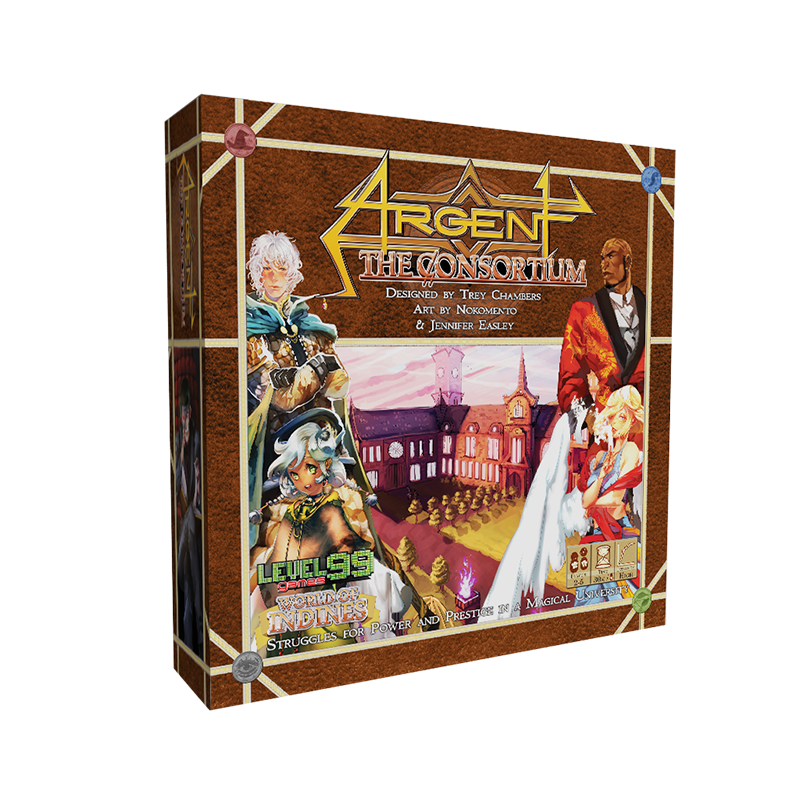
More advice from Brad
When asked for advice, Brad took a moment to compose his thoughts before giving me answers I can relay to you.
Focus on understanding your processes. You need to ask and understand why your business is working. Successful businesses are not just about doing something, or even consistently doing something. You need processes.
What happens if you don’t have processes? Chaos. You can’t control costs. You can’t troubleshoot bugs. You will forever remain too close to the problem.
That dovetails into his second piece of advice, which is really important for growing businesses. Don’t be the one person who does everything. It’s important to detach yourself from some of the day-to-day responsibilities once your business takes off. It’s a tough switch that you will have to consciously make once you start to succeed.
Lastly, while Brad didn’t frame this as advice, I nevertheless find it interesting and insightful. He told me on our call that all of their games work on a 2-3 year cycle spanning from conception to postmortem. They spend 20-30 months in development and 4-6 months in sales, from which they are either sold out forever and retired, or reprinted for ongoing sales.
The point is, their team always has multiple projects in the pipeline and a plan to review their work. This helps them mitigate their risks and avoid making the same mistakes twice.
Thanks for taking the time to read this whole post. I hope you found it useful and inspiring! If you have any questions, ask me anything and I’ll do my best to answer.
And, of course, if you want to check out what Brad’s done with Level 99 Games, you can find his website and games here.
You’ve done everything by the book. Your Kickstarter campaign is almost ready to launch.
You made a great product. Built an audience. Set up a campaign page.
But how do you ship it?
We put this checklist together to help you get started. It's free.

